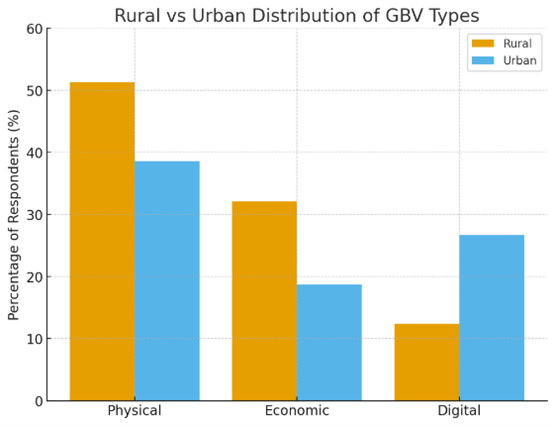Gender-Based Violence in Pakistan: Prevalence, Determinants, and Institutional Responses
Keywords:
Gender-Based Violence (GBV), Pakistan, Human Rights, Physical Violence, Psychological AbuseAbstract
Gender-based violence (GBV) remains one of the most pervasive human rights challenges in Pakistan, yet its prevalence, socio-economic drivers, and institutional responses remain inadequately documented. This study investigates the manifestations, predictors, and consequences of GBV by integrating quantitative and qualitative evidence. Survey data collected from 1,200 women across four provinces revealed that 71.4% had experienced at least one form of violence, with physical violence (44.2%) and psychological abuse (39.8%) most prevalent, followed by economic violence (27.6%) and digital harassment (21.3%). Regression analysis demonstrated that lack of education, poverty, and early marriage significantly increased the risk of violence, while urban–rural comparisons highlighted differing patterns, with higher rates of physical and economic abuse in rural areas and digital harassment in urban contexts. Despite widespread prevalence, only 22.4% of survivors reported cases to formal institutions, with conviction rates falling below 5%. Qualitative interviews underscored barriers such as fear of retaliation, social stigma, and reliance on jirgas for dispute resolution. Mental health consequences were also pronounced, with nearly half of survivors reporting anxiety and over one-third reporting depression. Although civil society organizations provided relatively more accessible support than state institutions, their outreach and resources remained limited. The findings underscore that while legislative progress has been made, implementation remains weak, leaving survivors trapped in cycles of violence and impunity. This study highlights the urgent need for integrated responses that combine robust law enforcement, survivor-centered psychosocial services, digital rights protections, and structural interventions aimed at education, poverty alleviation, and cultural transformation.

